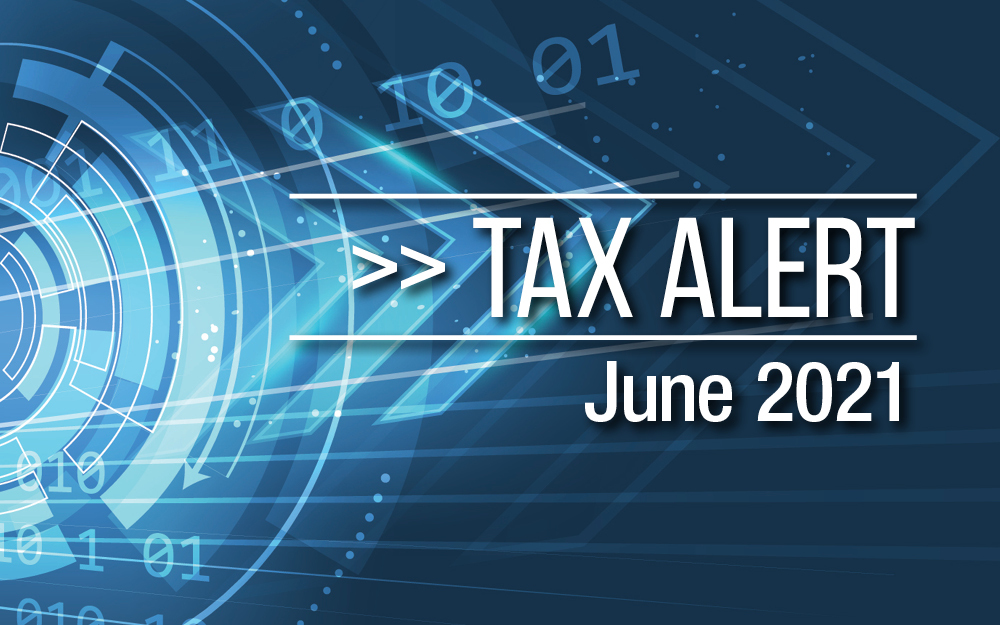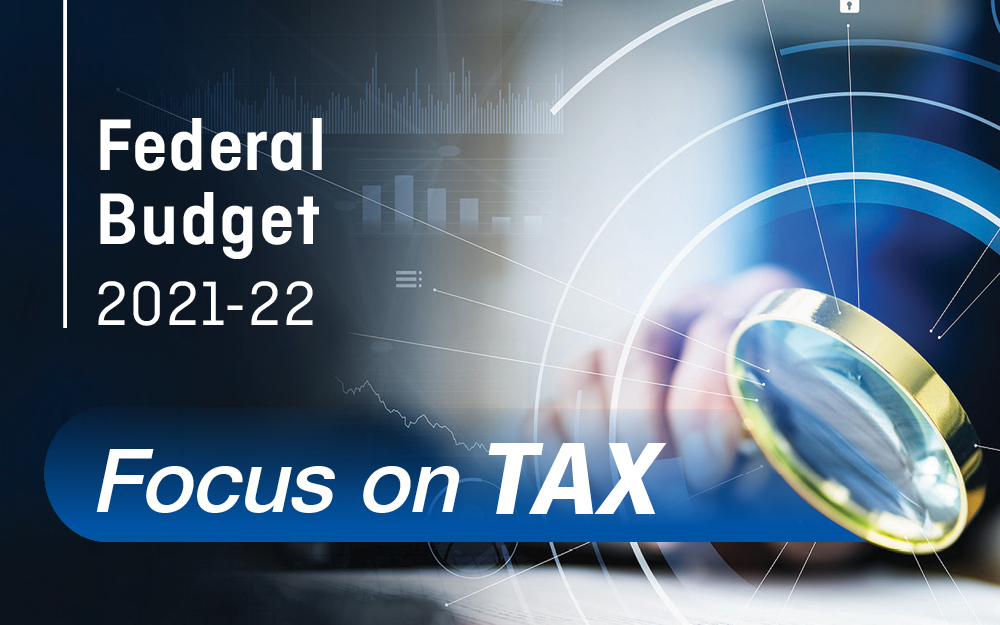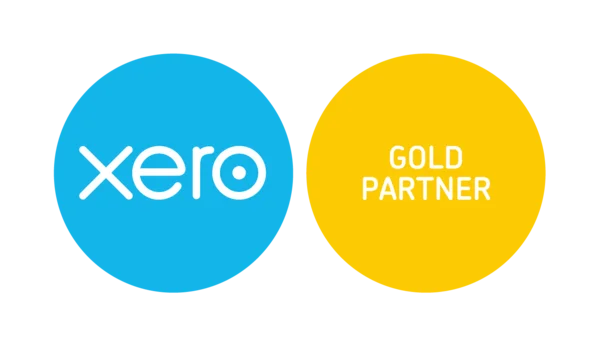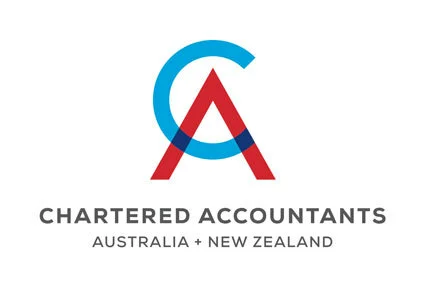Tax Alert June 2021

Tax Alert June 2021
The Government is continuing to support COVID-affected businesses by extending most of its pandemic inspired tax offsets and benefits. But at the same time the ATO has micro businesses like contractors who fail to declare all their income in its sights.
Here’s a roundup of some of the key developments when it comes to tax.
LMITO extended again
For individual taxpayers, an important tax change is the Budget announcement of another one-year extension to the current low- and middle-income tax offset (LMITO) for 2021-22.
This welcome decision will provide a valuable tax offset of up to $1,080 for individuals and $2,160 for dual income families as taxpayers repair their post pandemic finances.
Continuation of full expensing and loss carry-back
Business taxpayers should also be happy with the Budget announcement of an extension to the full expensing and loss carry-back measures. Under the full expensing rules, eligible businesses with an aggregate annual turnover of up to $5 billion are able to deduct the full cost of eligible depreciable assets until 30 June 2023.
Eligible companies can also carry-back tax losses from the 2022-23 income year to offset previously taxed profits as far back as 2018-19. This tax refund is available when you lodge your business tax return for the 2020-21, 2021-22 and 2022-23 financial years.
ATO tracks contractor payments
While the Budget provided tax incentives, contractors working in courier, cleaning, building and construction, road freight, IT, security and surveillance industries are increasingly under the tax man’s spotlight.
The ATO has announced it’s now combining data from its Taxable Payments Reporting System (TPRS) with its other data and analytical tools to ensure more than $172 billion in payments to contracting businesses have been properly declared. The ATO is now proactively contacting contractors identified as not declaring income reported by their customers through the TPRS.
New food and drink limits
The new reasonable weekly food and drink amounts businesses can pay an employee as a living-away-from-home allowance (LAFHA) have been released.
For this FBT year (starting 1 April 2021), the ATO considers it reasonable to pay an adult working in Australia a total food and drink expense of $283 per week. As an employer, if you pay more than this you will be liable for FBT on the LAFHA over this amount.
New tax umpire
Small businesses will now have more rights to pause or modify the collection of tax debts under dispute with the ATO.
The Budget included an announcement that small businesses will be able to apply to the Small Business Taxation Division of the Administrative Appeals Tribunal to have an ATO debt recovery action paused until their case is decided.
End to STP exemption
From 1 July 2021, the exemption for small employers on reporting closely held payees through the Single Touch Payroll (STP) system will end.
This exemption allowed small employers to not report payee information for any individuals directly related to the business. Closely held payees include family members of a family business, directors or shareholders of a company, or beneficiaries of a trust.
More support brewing
The Budget also recognised the importance of small business entrepreneurs and technology-driven innovators, with incentives to spur economic growth.
Brewery and distillation businesses will also benefit from a new measure giving them full remission (up from 60 per cent) of any excise paid on alcohol produced up to a new $350,000 cap on the Excise Refund Scheme from 1 July 2021.
The Budget also recognised the growth in local digital gaming businesses, with a new Digital Games Tax Offset. From 1 July 2022, eligible game developers will be able to access a 30 per cent refundable tax offset for qualifying Australian games expenditure of up to $20 million a year.
The Government also plans to provide tax incentives for medical and biotechnology companies by introducing a new ‘patent box’ from 1 July 2022. Income from patents will be taxed at 17 per cent, rather than the normal 30 per cent corporate rate.







